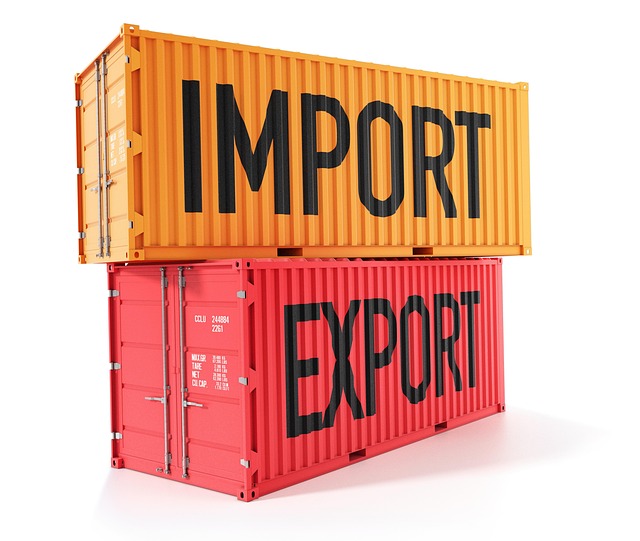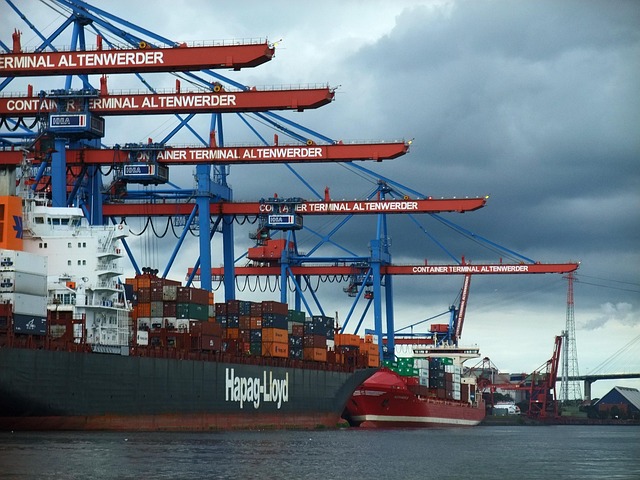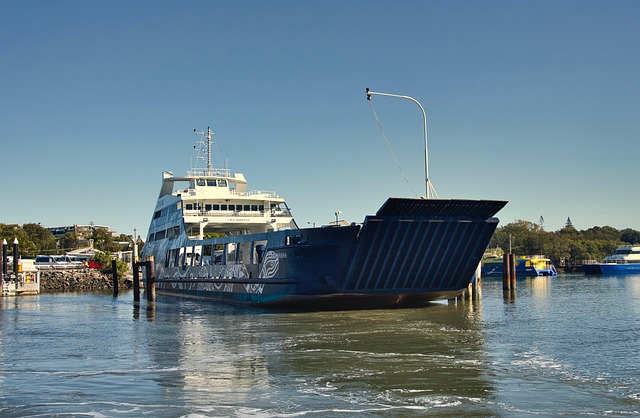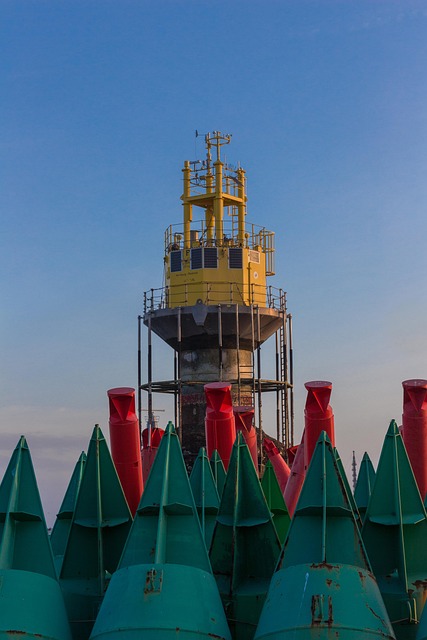Custom refrigerated storage containers are essential for industries requiring precise temperature control over perishable goods like food, pharmaceuticals, and flowers. Key considerations include dimensions, price, and consistent temperature maintenance. Portable to modular designs offer flexibility while ensuring optimal conditions. Material choices such as insulated panels and durable exteriors enhance energy efficiency. Strategic placement and regular maintenance extend container lifespan and safeguard product integrity, making them a sustainable choice for reliable cold storage.
In today’s globalized food industry, precise temperature control is paramount. Custom refrigerated storage containers offer a tailored solution, ensuring optimal conditions for perishable goods. This article explores the benefits of these specialized units, from understanding specific temperature ranges to designing efficient cold storage systems. We’ll delve into material considerations, deployment strategies, and maintenance tips, highlighting how customized refrigerated containers revolutionize cold chain management.
- Understanding Specific Temperature Requirements
- Benefits of Customized Refrigerated Containers
- Designing for Efficient Cold Storage
- Material Considerations for Temperature Control
- Deployment and Maintenance Strategies
Understanding Specific Temperature Requirements

In the world of perishable goods, maintaining specific temperature ranges is paramount for quality and safety. Understanding these requirements is key when selecting a refrigerated storage container. Different products have distinct optimal storage temperatures – for instance, fresh produce may need to be kept at colder settings than frozen items. This variation necessitates tailored solutions like custom refrigerated storage containers that cater to precise temperature ranges.
Whether you’re in need of a temporary refrigerated shipping container for transit or a large, energy-efficient refrigerated warehouse container for long-term storage, buying or renting the right refrigerated storage container becomes crucial. Consider factors such as container dimensions, price points, and the unit’s ability to maintain consistent temperatures. Refrigerated storage containers, from portable options to modular designs, offer flexibility while ensuring your goods remain in optimal condition.
Benefits of Customized Refrigerated Containers

Customized refrigerated storage containers offer a multitude of benefits tailored to diverse industry needs. Unlike standard models, these containers are designed with specific temperature ranges in mind, ensuring optimal conditions for perishable goods like food, pharmaceuticals, and flowers. This precision control not only preserves product quality but also minimizes waste due to spoilage.
Moreover, custom refrigerated storage containers provide flexibility and cost-effectiveness. They can be purchased or rented, catering to both short-term and long-term requirements. Customization options include specific dimensions, insulation levels, and temperature settings, making them ideal for unique storage challenges. This versatility makes these containers a preferred choice for businesses seeking efficient, reliable, and tailored cold storage solutions.
Designing for Efficient Cold Storage

When designing custom refrigerated storage containers tailored to specific temperature ranges, efficiency is key. The goal is to maximize space utilization while ensuring optimal conditions for perishable goods. This involves carefully considering factors like insulation thickness and type, ventilation systems, and temperature control mechanisms. Insulated cold storage containers with advanced refrigeration systems can significantly reduce energy consumption, making them an environmentally friendly and cost-effective choice.
Refrigerated storage containers come in various dimensions, from small portable units to large warehouse containers. When choosing a refrigerated shipping container for sale or rental, it’s crucial to match the size and temperature range precisely with your needs. Modular refrigerated storage containers offer flexibility, allowing you to scale up or down based on demand. Energy-efficient refrigerated storage solutions not only contribute to sustainability but also help control operational costs, making them an attractive option for businesses seeking a reliable cold storage solution.
Material Considerations for Temperature Control

When designing and manufacturing custom refrigerated storage containers tailored to specific temperature ranges, material considerations are paramount. The choice of materials plays a critical role in maintaining the desired cold chain integrity, ensuring efficient temperature control within the container. Insulated panels, for instance, are essential components that significantly reduce heat transfer, allowing for precise temperature regulation. Advanced insulation technologies like foam core or vacuum-insulated panels (VIP) offer superior performance, minimizing thermal bridges and enhancing energy efficiency.
Additionally, the exterior shell of these containers should be constructed from durable materials such as stainless steel or aluminum, which are resistant to corrosion and easy to clean. These metals also provide a seamless surface, further reducing heat exchange and maintaining the container’s temperature control capabilities. Furthermore, consider the gaskets and seals used around doors and windows; high-quality, weatherproof gaskets prevent cold air from escaping and ensure external temperatures don’t penetrate, thus maintaining the internal temperature range required for specific products.
Deployment and Maintenance Strategies

The strategic deployment and ongoing maintenance of custom refrigerated storage containers are key to ensuring optimal performance and longevity. When deploying these units, it’s crucial to consider the specific temperature range requirements for your goods, alongside factors like accessibility, environmental conditions, and potential fluctuations in demand. Placement near loading docks or areas with easy vehicle access can facilitate efficient loading and unloading.
Regular maintenance is equally vital, encompassing tasks such as checking door seals, monitoring temperature controls, inspecting insulation, and ensuring proper ventilation. Staying on top of these upkeep measures not only extends the lifespan of your refrigerated storage container but also safeguards the integrity of your perishable goods. Whether you’re a dealer offering refrigerated storage containers for sale, a business renting temporary refrigerated storage containers, or an enterprise managing a fleet of energy-efficient refrigerated shipping containers, implementing robust deployment and maintenance strategies is paramount for success.
Custom refrigerated storage containers offer tailored solutions for specific temperature ranges, enhancing efficiency in cold storage. By understanding unique requirements, leveraging benefits of customization, designing for optimal flow, selecting appropriate materials, and implementing strategic deployment and maintenance, businesses can revolutionize their perishable goods management. Investing in these specialized containers is a game-changer for efficient and effective refrigerated storage.



